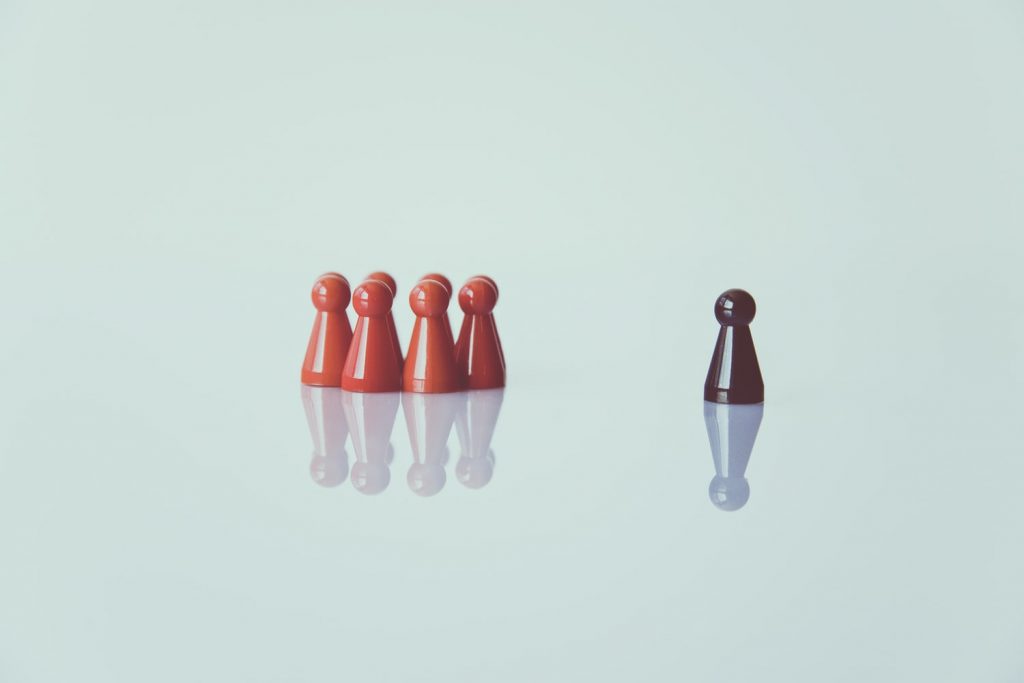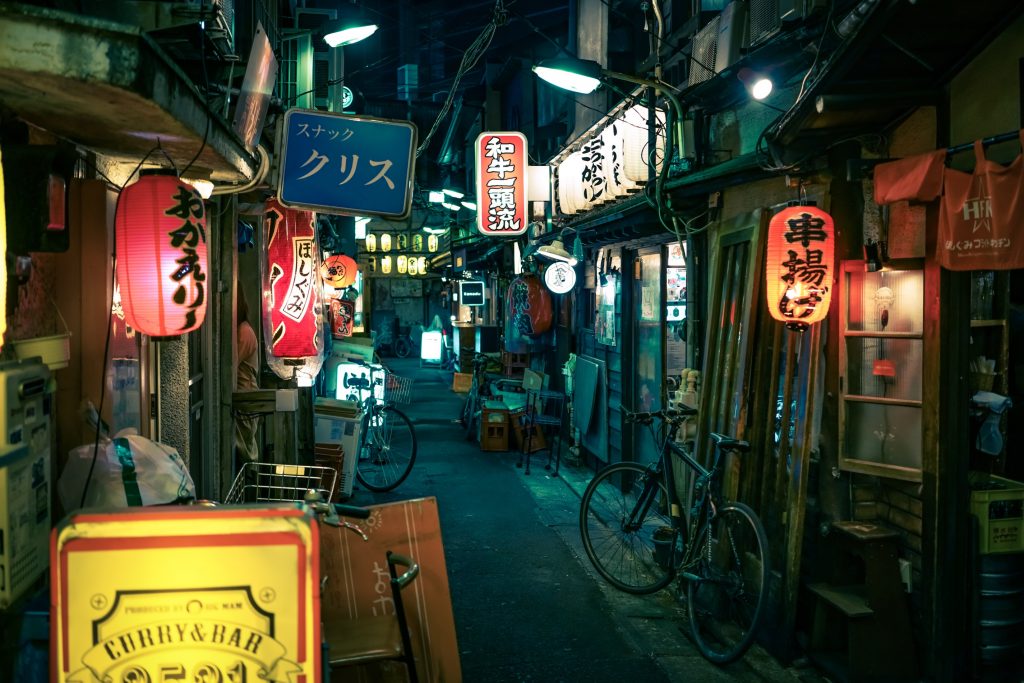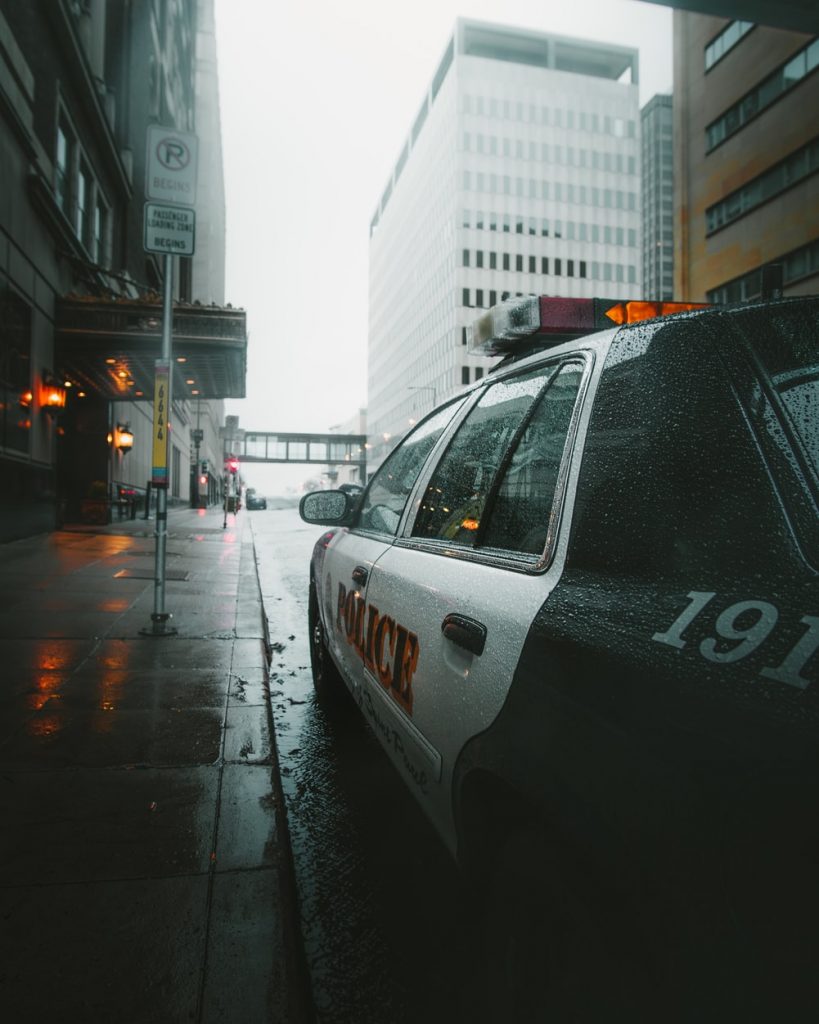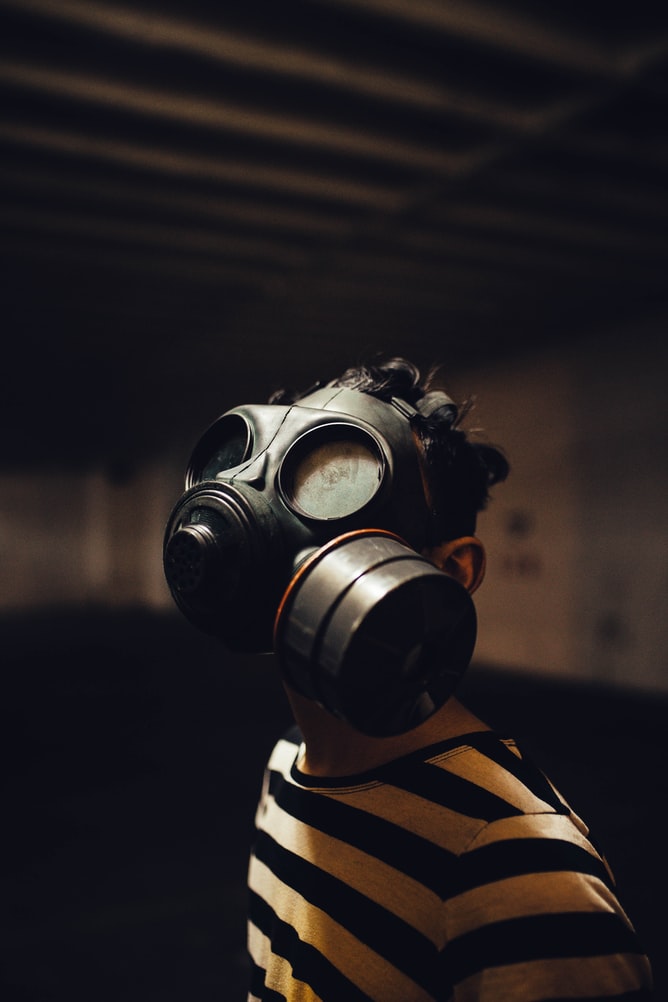
WELCOME TO THE RiteWell!™ DATABANK
> You have selected the following transmissions for mass erasure
> CONTINUE?
TIME: 3.2MPTS DATE: 980.76.34.7 USER: Navka Torland
RACE: Estian (see more USER data)
CATEGORY: Audio Transcript > Personal > journalism > press releases for work
TITLE: Kion and Estian Peace&Prosper Alliance Announcement
BEGIN TRANSMISSION / >
…okay… so… I’m running, my throat is raw… from the thick smoke… blanketing the city. My chest is just… ridiculously tight, feels like a giant hand… is clutching my chest, trying to squeeze… the life out of me. I’m coming from the Institute Cent-centre… we were all waiting for a…an announcement from the Kion when all… chaos just erupted. And now… obviously have my RiteWell!™ with me, copy… copying this into the databank, maybe… not sure if it’s still standing. I’m… wait, hold on a sec *unable to transcribe audio*
\SIGNAL CORRUPTED\
recovering…
BEGIN TRANSMISSION / >
Right, okay. Hopefully… I’m whispering now, hopefully loud enough… for it to be picked up. Found…an-an abandoned drone store and… it’s rank in here, so rank. The walls are furry with mould, and I’m pretty sure I’m sitting in a puddle. It’s ridic outside, people are running everywhere, I don’t know if the audio is picking it up but I can still hear them screaming. And the smell. One second we were standing around waiting for it to start, and the next there was a massive crack and the fire came from everywhere. Five minutes earlier and I would’ve been burning too, I’d already started to push to the front and prepare my RiteWell!™ for the announcement. I guess… I guess the explosion was the announcement? I’m not sure what even happened. I think ours was the first though, then more erupted, like a distant, booming echo.
My father always used to say it was never going to happen to us. We are too well-behaved, too quiet, too grateful to the Kion. But there have been whispers for some time, that the Kion were going to take over, and that they already have been, patiently and out of the spotlight. Whispers about their true reasons for bringing our planet back from the brink of destruction. I- the screaming is starting to fade now; it’s becoming quite distant. Ah, I can hear glass crunching outside. I…hey! Stop. Venris?
< / END TRANSMISSION
TIME: 3.2MPTS DATE: 980.76.34.7 USER: Venris Netion
RACE: Kion (see more USER data)
CATEGORY: Audio Transcript > Personal > Afterlight shit
TITLE: turns out I’m right, ha!
BEGIN TRANSMISSION / >
Well I don’t want to say I told you so, but, you know, I told you so. I told you, Navka, if you’re reading this, I TOLD YOU. And you thought I was crazy. I think my last Afterlight update was that story about my father telling me to cut you out of my life, Navka, while I still can. He said the Afterlight was coming, and it was best I had no Estian friends, we were going to help you all see a better way of life, help you progress as a people, or whatever the damn he said. Sounds like bullshit to me though, not that I told him that.
Anyway, I’m coming to find you Navka, shit is going down and we need to go somewhere far away. You better not be lying dead somewhere near that stupid Centre or I’ll kill you myself. Imagine you dying over some shit news story? Not if I can help it.
Wow my father is about to kick my bedroom door down, he’s gonna kill me for sneaking out. I gotta go.
< / END TRANSMISSION
TIME: 3.4MPTS DATE: 980.76.34.7 USER: Venris Netion
RACE: Kion (see more USER data)
CATEGORY: Audio Transcript > Personal > Afterlight shit
TITLE: Navka lives!
BEGIN TRANSMISSION / >
Update! I found him! Navka will you stop struggling, I’m not going to hurt you, you stu- *unable to transcribe audio*
\SIGNAL CORRUPTED\\[-multiple voices detected-]
formatting…
owner detected [VENRIS NETION]
formatting…
unknown user detected [UN]
formatting…
UN: Venris how did you even find me?
VN: I pinged your RiteWell!™, I figured you’d hide somewhere where you could record on that stupid thing.
UN: Stupid? What do you think you’re holding? How ab-
VN: You can yell at me later, you really need to get out of here.
UN: Me? Why? What about you?
VN: Those were Kion bombs! The Afterlight is coming! I told you my father wasn’t just some loner with a saviour complex. This thing is big, so big. Like, planet-wide big.
UN: But why? Your people have spent so long helping us, teaching us better ways, why destroy it all? It makes no sense.
VN: Look you really need to go, we can argue the reasoning of the invaders later, once you’re safe.
UN: Go where? And why does it sound like you’re not coming?
VN: They’re rounding up Estians out there, and if I’m seen helping you, I’ll be in just as much danger. I’ll meet you in the Willow Wood at 4.0MPTS, where we used to play vinyo, and we’ll figure this shit out from there.
UN: Venris, I really think we should stick together!
VN: Stay safe, I’ll see you soon!
UN: Venris!
< / END TRANSMISSION
TIME: 3.6MPTS DATE: 980.76.34.7 USER: Navka Torland
RACE: Estian (see more USER data)
CATEGORY: Audio Transcript > Personal > I don’t even know
TITLE: running for my life, I guess
BEGIN TRANSMISSION / >
I am… already… so sick… of running. I’ve just stopped in… in an empty shop. Front windows… smashed in. Estians are fighting back out there, but we’re hopelessly outnumbered by the Kion. And I think… I think they have synthasium weapons, which is definitely against our P&P Alliance. They’re only supposed to be helping us replenish our natural resources, not use them to make weapons.
Venris found me before, when I was in the drone store, said the explosions were bombs from the Kion. Synthasium bombs. If only my father could see this now. He was always wary of those green bastards, as he used to say.
I still don’t believe this is really happening. I wish Venris was still with me. We’re always better together. He said his father had spoken of something called the Afterlight, and that we would soon be introduced to it and enlightened, or some such nonsense. I thought it was some religious business, or a new galactic policy, not a literal invasion. I don’t think anyone realised how deep this runs, it’s ridic.
Briefly the Estian news was on, confirming the bombs, but then the power cut. Now there’s a Kion on there, demanding everyone remain calm, don’t resist, this is all for our benefit. They’re going to show us the way to a New World.
Well, they’re certainly showing us something. Reminds me of gazing at Estia as a child, it’s image broadcast from a neutral space station during the first meeting of Estians and the Kion. Patches of green and blue scattered on its pink surface, three of our four moons just visible over the curve. That image is what our planet could look like, instead of the blackened, dying thing it was, but only if we accepted the Kion technology that would allow it to thrive again. And so we did, and it was wonderful and prosperous, until now.
Now, they’re just reducing it back to how it was. What a waste. This chaos, it all makes no sense. Fires are raging everywhere outside, the smoke has turned to a thick haze, making it difficult to see more than a few steps in front. The screams are constant, and I can hear a child crying, somewhere.
I’ve seen… I’ve seen dead bodies in the street, purple skin like mine fading as souls left their bodies for the stars, with no stone to hold them.
I want my mother.
< / END TRANSMISSION
TIME: 3.7MPTS DATE: 980.76.34.7 USER: Venris Netion
RACE: Kion (see more USER data)
CATEGORY: Audio Transcript > Personal > Afterlight shit
TITLE: a mistake I have made
BEGIN TRANSMISSION / >
I don’t think I should have left Navka alone. I could see he was scared, but, I figured it be easier for him to hide on his own. And… maybe I’m a coward. I didn’t want to have to see him get hurt, if we were caught. Shit. What if… no. That won’t happen. I should have pretended I was escorting him somewhere, or something like that. Shit. Actually… he’ll definitely have gone back home. Damn it all. Shit, shit, shit. I need to go there. He’ll be getting his mother’s soul stone. We should have stayed together.
Oh f- *unable to transcribe audio*
\SIGNAL CORRUPTED\
recovering…
BEGIN TRANSMISSION / >
…are you doing! Get your hands off me! I’m not gonna hurt you, stop! I’m one of the good ones! Stop this, wh-
< / END TRANSMISSION
TIME: 3.9MPTS DATE: 980.76.34.7 USER: Navka Torland
RACE: Estian (see more USER data)
CATEGORY: Audio Transcript > Personal > I don’t even know
TITLE: still running
BEGIN TRANSMISSION / >
Okay so I decided to quickly dart home and grab something. It’s on the way to the Wood anyway. And I couldn’t leave my mother behind. I’m almost there. The fire is spreading quickly though, I hope Venris is already there.
I’m walking now, thank the stars, and whispering again. Not sure if the audio is picking them up, but the emergency sirens have finally started. Better late than never I suppose. Enforcers are out patrolling, rounding us up, all of them Kion. I saw a group of them collaring some Estians and chaining their wrists. The Kion have established control quickly. Too quickly. Plans must have been in place for a long time. Maybe my father had the right idea after all…
< / END TRANSMISSION
TIME: 4.1MPTS DATE: 980.76.34.7 USER: Navka Torland
RACE: Estian (see more USER data)
CATEGORY: Audio Transcript > Personal > I don’t even know
TITLE: at the Wood
BEGIN TRANSMISSION / >
Venris is late. Which is not unusual. But in this circumstance, it makes me nervous. It’s well and truly dark now. The fires have sputtered into smouldering spreads. I’ve hidden in a hollow tree trunk. It’s much nicer than the drone store.
I know he wouldn’t have gotten lost. He wouldn’t have stopped anywhere either. Unless maybe… maybe someone stopped him. Maybe his father found him. Or some Estians did. Maybe I should go look for him…but then what if he turns up here? Argh. Venris. Please be okay.
< / END TRANSMISSION
TIME: 4.1MPTS DATE: 980.76.34.7 USER: Venris Netion
RACE: Kion (see more USER data)
CATEGORY: Audio Transcript > Personal > Afterlight shit
TITLE: ——-
BEGIN TRANSMISSION / >
Navka… help me…
Do you want to send a RiteWell!™ emergency ping beacon?
All nearby RiteWell!™ users will be alerted
>yes< no
< / END TRANSMISSION
TIME: 4.3MPTS DATE: 980.76.34.7 USER: Navka Torland
RACE: Estian (see more USER data)
CATEGORY: Audio Transcript > Personal > I don’t even know
TITLE: Venris pinged me
BEGIN TRANSMISSION / >
Well… at… least… he’s alive… right? Although… it was… an emergency… ping. Oh no. Oh… I see him. He pinged every nearby RiteWell!™ user, the idiot. He’s surrounded by Kion. Oh no no no no. Now what- *unable to transcribe audio*
\SIGNAL CORRUPTED\\[-multiple voices detected-]
formatting…
owner detected [NAVKA TORLAND]
formatting…
unknown user detected [UN]
formatting…
UN: Hey you! Get back here!
NT: F-*unable to transcribe audio*
UN: I’m not going to hurt you! We just want to-
NT: Get off me!
UN: We just want to help you See. We want to teach you our ways, and help your people progress and prosper. We mean no harm, you’ll see. Come along now. Come and join your friends in the New World.
< / END TRANSMISSION
TIME: 4.4MPTS DATE: 980.76.34.7 USER: Navka Torland
RACE: Estian (see more USER data)
CATEGORY: Audio Transcript > Personal > ——-
TITLE: ——-
BEGIN TRANSMISSION / >
I… I don’t feel so good. I feel like I’m floating. Where was I? The… the Wood. That’s right. But it’s not important anymore. I needed to tell you… something. I needed to tell you something? But I can’t remember what. I was just… in the Wood. Yeah, and… and someone… and then… yes, I was bathed, bathed in the glow… of the Afterlight.
And it burned. It’s burning me. I can’t remember.
Hey, please don’t take that… please don’t take that out of my hand. I’m talking to someone. Who… V… Vvvv… someone. I need that. Don’t take it. I need it. I need it- *unable to transcribe audio*
\SIGNAL CORRUPTED\
\ERROR\
\ERROR\
< / END TRANSMISSION
RESTART? >ERASE<



